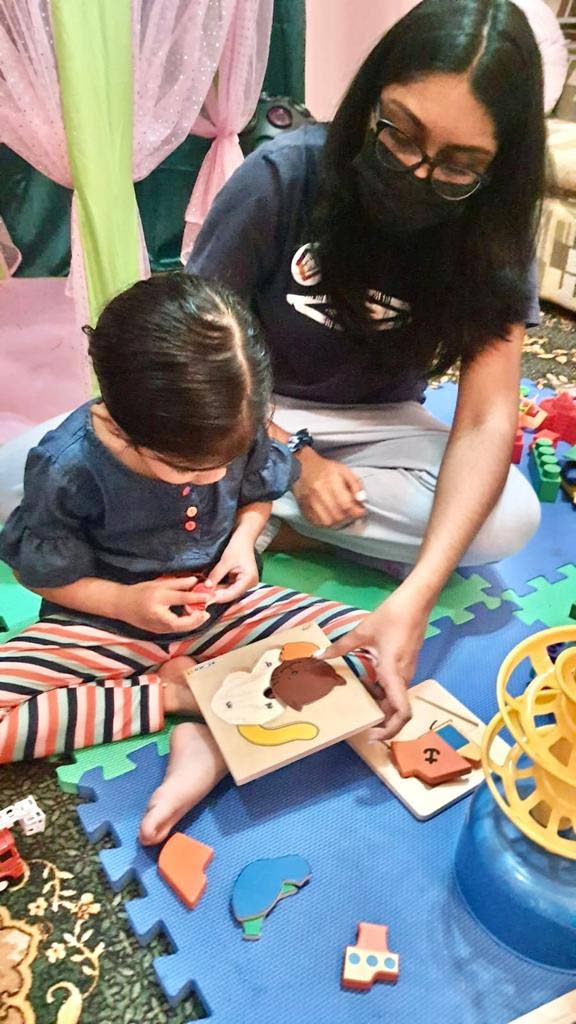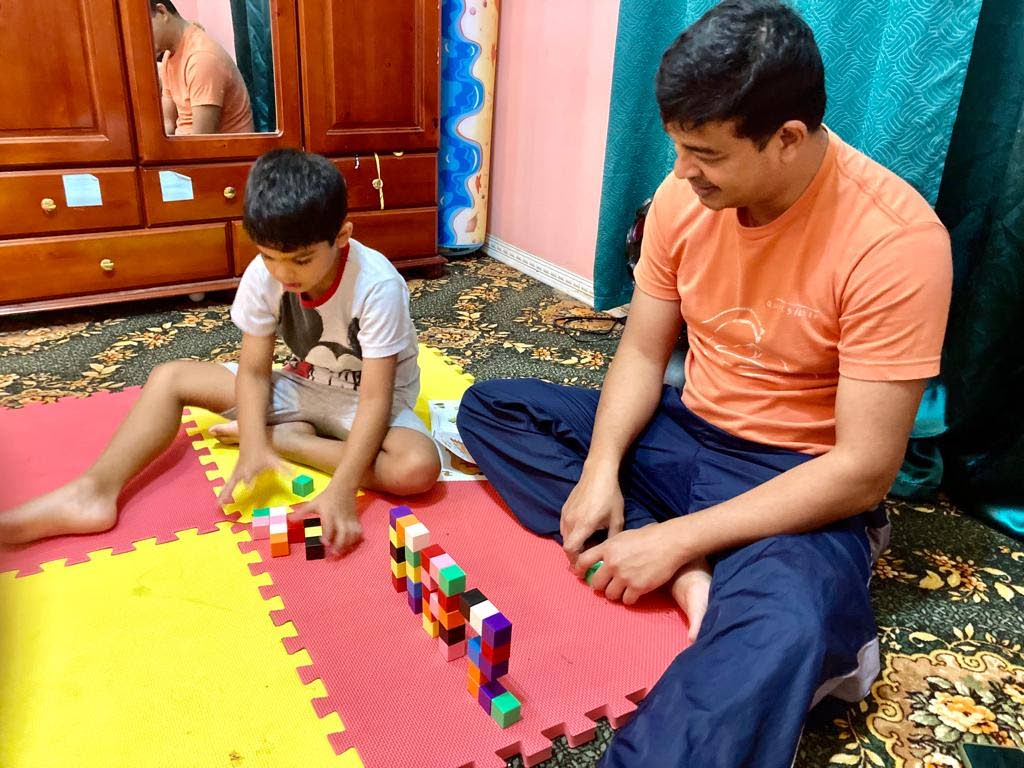Understanding autism behaviours

DR RADICA MAHASE
“My ten-year-old autistic son was becoming more and more aggressive. He couldn’t focus in school. He started lashing out at his teacher. He would push the children. The school asked us to take him for behavioural therapy and only bring him back when he was behaving better.
"For an entire year we took him for therapy and the therapist was really patient with him, she tried to figure out what was causing the change in his behaviour and why he was becoming more aggressive. It turned out that he has some problems with his teeth and he was in pain. He is non-verbal and he became frustrated when he couldn’t say what was wrong and how he was feeling. His behaviour was triggered by the pain. We sorted out the teeth and figured out how to manage the pain and after that he was settled again. We didn’t have any issues with behaviour and he has been doing well.
“It was a rough time for us because we were seeing our child changing right there before our eyes and we felt helpless. The doctor said that if his behaviour got worst then he would have to go on medication but both my husband and I agreed that medication would be the last resort. We didn’t want to give our son any long-term medication to keep him calm, unless we had no other options.”
Many individuals who have been diagnosed with autism spectrum disorder may display challenging behaviours at some point in their lives. It is especially challenging for parents and caregivers who see changes in behaviour, where the child is becoming more unsettled, more aggressive and even violent. Once changes in behaviours are evident, it is important to find the triggers. What is causing this particular behaviour? Is it a change in environment? Is it a health issue? Understanding the trigger is the first step to helping the child.
One therapist notes that, “Autistic children might behave aggressively or hurt themselves because they have trouble understanding what’s happening around them – for example, what other people are saying or communicating non-verbally; they have difficulty communicating their own wants and needs; they are very anxious and stressed; they have sensory sensitivities, like an over-sensitivity to noise or a need for stimulation or they want to escape from stressful situations or activities.”

Once you can understand what’s causing the behaviour then you can put things in place to help your child self regulate; help him/her to better cope with the issues. According to Temple Grandin, self-regulation is “the skill of managing feelings so that they don’t reach overwhelming levels and interfere with learning and development. Many people on the spectrum need support as they struggle to manage their emotions and mitigate their anxiety.” Various forms of therapy can help with self-regulation. Also, parents and caregivers can look at things such as the environment in which they are, their diet, as well as everyday activities and external stimulation.
As one parent noted, “My son became unfocused and hostile over a few months. When we checked back, we realised that he was eating too many sweet snacks. He was already a picky eater and the extra snacks wasn’t helping much. On top of that he was spending more hours watching YouTube videos.
"When we tried to get him to put down the iPad he would become very agitated and sometimes would even try to hit or bite us. We tried to take it away from him and that was a disaster – the behaviour got worse. The therapist advised us to do it gradually so we came up with a plan where we started cutting down on both the screen time and the snacks little by little – we would find ways to distract him so he would get off the screen for 15 or 20 mins more, and so on, and we started to see changes in his behaviour. We found about two healthier snacks that he likes, so we gradually phased out the sweet ones. It took about eight months to make the changes, sometimes it was really slow and there were some rough days but finally we have gotten back to a place where the aggressive behaviour is much less, almost fully gone.”
It is important to know that autism is a spectrum and the type and extent of the behaviour varies according to the individual. There are these general misconceptions in our society that autistic peopler are aggressive and even dangerous. Consequently, we have instances where parents of neurotypical children do not want their "normal" children to play with autistic children because they are afraid their children will be "attacked." However, not every person with autism will behave or react to situations in the same way. Not every autistic child is going to "play rough" or "become violent." Each individual is unique and special in their own way.
Radica Mahase is the founder/director of Support Autism T&T

Comments
"Understanding autism behaviours"